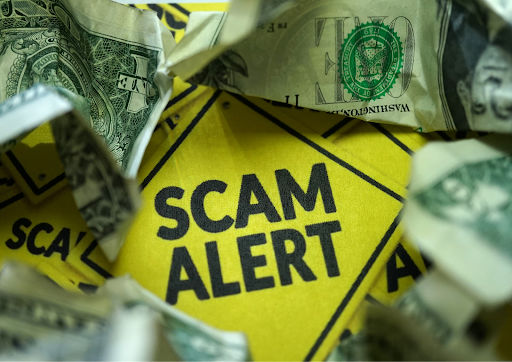
If you have looked at getting a solar array for your home or business, you may have encountered enticing ads from companies promising “free” solar panels. As the old saying goes, “If it sounds too good to be true, it probably is.”
For solar attorneys, it’s necessary to shed light on the aggressive sales tactics employed by some solar companies that are, in the end, dishonest and potentially violate consumer rights. This article will explore the deceptive nature of “no-cost” panels and guide consumers in making informed decisions.

The phrase “free solar panels” is often a misleading marketing tactic some solar companies use. Contrary to the promise of something for nothing, these offers usually involve a solar lease agreement akin to renting solar panels. While there’s no upfront cost, homeowners agree to pay a monthly fee for using the equipment.
A power purchase agreement (PPA) is also popular. Similar to a lease, a PPA involves paying for the electricity generated by the solar panels instead of owning them outright. In some rare cases, government programs may subsidize solar panels for low-income households. However, these are not broadly available.
Understanding Solar Leases
A solar lease may seem attractive initially, with no upfront costs for homeowners. However, it can come with drawbacks. Since you don’t own the panels, you can’t claim financial incentives like federal tax credits. The benefits go to the leasing company. Also, solar leases can extend up to 25 years with rising payments and penalties for early termination, potentially complicating home sales.
Government programs subsidizing solar panels are typically aimed at low-income households, and the benefits are subject to strict eligibility criteria. For example, the Maryland Energy Authority SEE Grant Program offers up to $25,000 for solar panel systems for qualifying households.
To help reduce upfront costs without falling for deceptive “free panel” offers, consider these alternatives:
Tax Credits, Exemptions, Rebates, and SRECs
Always read the terms and conditions of your solar contract carefully. Ensure transparency and evaluate the long-term commitment. There are no genuinely free solar panels; offers often involve long-term commitments with hidden costs. Again, while rare, some government programs exist for low-income households; they are not broadly available and should not be confused with what some private solar installers claim with their contracts.
If you believe you have been a victim of one of many solar panel scams, consulting with a solar contract lawyer is crucial. At The Holland Law Firm, we specialize in guarding individuals from unlawful actions by scammers and protecting consumers’ rights.